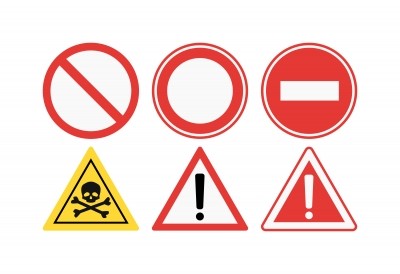Codex sets limits for melamine in food to combat adulturation
Chinese produced milk powder laced with melamine killed six children and sickened an estimated 300,000 in 2008, virtually wiping out the Chinese dairy export market in its wake. Despite efforts by the authorities to improve food safety practices, two fresh cases of melamine tainted milk emerged in December.
In light of these melamine scandals, the UN food standards body, Codex Alimentarius Commission, sought to take action to help governments deal with the potential threat of contaminated foods.
Identifying deliberate contamination
To make it easier to identify deliberate contamination, maximum limits were set down for melamine this week at the 33rd Session of the Codex Alimentarius Commission.
Under the new ruling, the maximum amount of melamine allowed in powdered infant formula is 1 mg/kg and the amount of the chemical allowed in other foods and animal feed is 2.5 mg/kg.
Martijn Weijtens, chair of the Codex Committee on contaminants in foods, said: “Establishment of maximum levels will help governments differentiate between low levels of unavoidable melamine occurrence that do not cause health problems, and deliberate adulteration - thereby protecting public health without unnecessary impediments to international trade.”
Melamine is a chemical used in a variety of industrial processes and traces of it unavoidably get into food by contact without causing health problems, but the substance is toxic at high levels.
The Codex ruling on melamine, like all Codex standards, is implemented on a voluntary basis and serves as guidance for governments. Codex standards have influence on regulation in individual countries and are recognised by the World Trade Organisation (WTO) as reference points for the resolution of trade disputes.
The Codex Alimentarius Commission (CAC) is the intergovernmental body, jointly sponsored by the Food and Agriculture Organisation (FAO) and the World Health Organisation (WHO), charged with developing the Codex standards.





